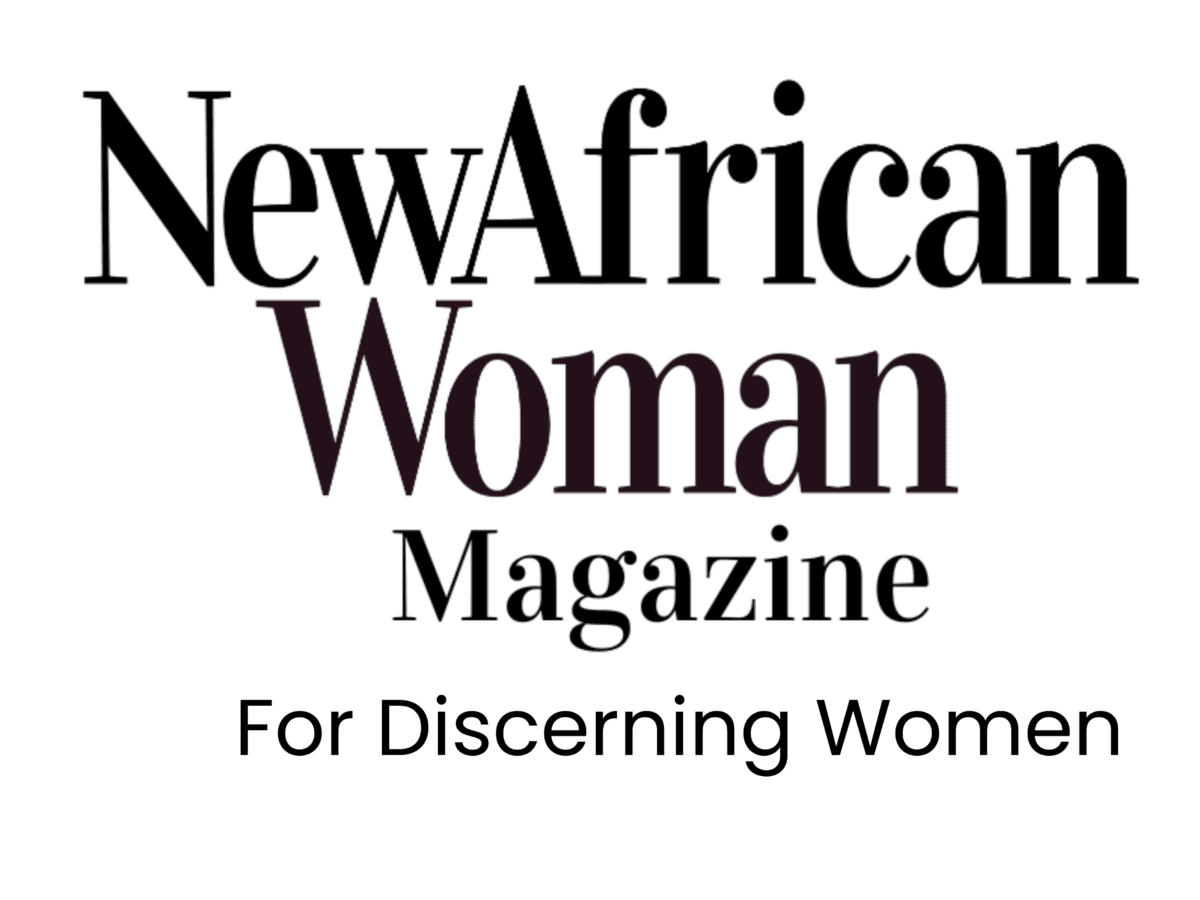Lesego Chombo: Botswana’s new 26-year-old Minister for Youth set to change ingrained mindset against youth in leadership

At just 26 years old, Lesego Chombo has captured the imagination of a continent by becoming Botswana’s Minister of Youth, Gender, Sports, and Culture. Her appointment by President Mokgweetsi Masisi represents a profound shift toward youthful and inclusive leadership in Botswana, where over 60% of the population is under 35.
This welcome and telling move by the newly-inaugurated government in Botswana has catapulted Lesego into the spotlight as one of the youngest ministers in Africa, symbolizing the growing recognition of the power of youth in shaping Africa’s future.
Africa is the youngest continent in the world, with a median age of just 19. Yet, youth representation in governance remains disproportionately low. Lesego Chombo’s appointment not only reflects Botswana’s acknowledgment of this reality but also signals a transformative approach to tackling issues affecting young people directly.
While Namibia’s Emma Theofelus remains the youngest minister in Africa, having been appointed at 23, Chombo’s entry into Botswana’s cabinet at 26 makes her a strong contender in this wave of youthful governance. Her age and fresh perspective position her uniquely to connect with and advocate for her peers, both within Botswana and across the continent.
From Law to Leadership
Chombo’s path to this significant role began in the legal profession. A University of Botswana graduate with a Bachelor’s Degree in Law, she built a career focused on advocating for children’s rights, gender equality, and social justice. Her legal background has given her a solid foundation for understanding policy and governance, critical tools she brings to her ministerial responsibilities.
In addition to her legal work, Chombo used her platform as Miss World Africa 2024 to amplify important social issues. Through this role, she championed causes like education for girls, mental health awareness, and empowerment for marginalized communities. Her ability to blend advocacy with action earned her a reputation as a dedicated and forward-thinking leader, despite her relative youth and inexperience in formal politics.
A Vision for Youth and Gender
Chombo’s portfolio includes some of the most critical issues in Botswana: youth unemployment, gender inequality, and cultural preservation. These are challenges that resonate deeply in a nation navigating the dual pressures of economic diversification and social transformation.
In her first public address as Minister, Chombo outlined her vision: “Our country’s young people and women hold the key to our future. My goal is to ensure their voices are amplified in every policy decision, and their potential is unlocked for the benefit of Botswana.”
Botswana’s unemployment rate, particularly among youth, remains high, making this issue a top priority for her ministry. Her focus includes creating opportunities through skills development programs, entrepreneurship support, and collaboration with private sector partners to ensure job creation.
Gender equality is another cornerstone of her agenda. While Botswana has made strides in recent years, significant disparities remain in leadership, education access, and economic participation. Chombo’s leadership aims to challenge these disparities and promote gender-sensitive policies that uplift women and girls.
Overcoming Challenges
While her appointment has been celebrated, Chombo faces the steep challenge of delivering measurable results in a short time. Critics point to her limited political experience, questioning whether she can navigate the complexities of government bureaucracy and policy implementation.
However, her supporters argue that her age and perspective are precisely what Botswana needs. She represents a demographic ready for change, eager to see policies that reflect their aspirations rather than being dictated by an older, often disconnected generation.
A Continent Watching
Chombo’s appointment has attracted attention far beyond Botswana’s borders. The African Union and youth advocacy organizations have lauded her as a symbol of progress and inclusivity. Her role highlights the importance of youth participation in governance and sets an example for other nations to follow.
“Young people like Lesego Chombo show us what is possible when leaders trust the capabilities of youth. Her appointment is a significant step toward aligning Africa’s leadership with its demographic realities,” noted the African Union’s Women, Gender, and Youth Directorate.
A Promising Future
Though still at the beginning of her political career, Lesego Chombo embodies the optimism and determination needed to address some of Botswana’s most pressing issues. Her work will undoubtedly inspire young people across the continent, proving that age is no 2wabarrier to leadership.
As Africa grapples with challenges such as unemployment, inequality, and the preservation of cultural identity, leaders like Chombo offer a fresh and hopeful approach. By bringing the perspectives of the younger generation into governance, she has the potential to bridge the gap between policy and the lived realities of millions of Africans.
In Lesego Chombo, Botswana has not just appointed a minister; it has elevated a voice for youth and a champion for progress, poised to shape a brighter, more inclusive future for the nation and the continent.









